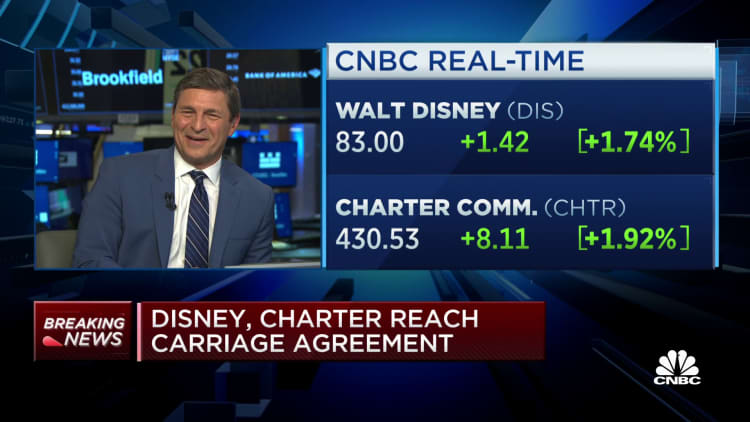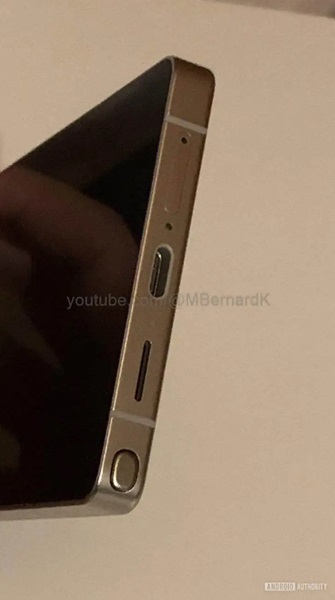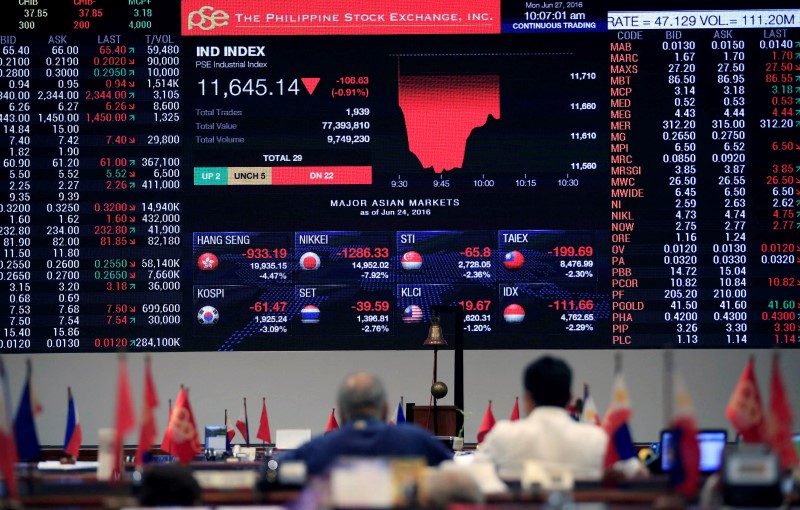Devin Singletary #26 of the Buffalo Bills runs the ball against the New York Jets at Highmark Stadium on December 11, 2022 in Orchard Park, New York.
Timothy T Ludwig | Getty Images
Charter and Disney have reached a rights deal, and the media industry was fooled.
The Wall Street Journal ran a story Friday with the headline: “Disney Fight Marks Cable TV’s Last Stand.” Slate’s headline the same day focused even more: “Disney Is in a Fight That Might Change TV Forever.” Analysts on CNBC talked about the future of the cable bundle.
“Mutually assured destruction is a good way of thinking about it,” said Michael Morris, Guggenheim Securities entertainment and media analyst, about how both Disney and Charter would be at risk if they didn’t reach a carriage deal for networks including ESPN and ABC television stations.
For the past 10 days, Charter CEO Chris Winfrey has been warning that its decision to drop Disney’s networks wasn’t a typical carriage fight. After years of accepting programming increases that have caused millions of Americans to cancel cable due to its high cost, a pay-TV operator had reached its limit.
“We had to say, enough is enough,” Winfrey said Thursday at a Goldman Sachs investor conference.
But the details of Charter’s pact with Disney, announced in a press release Monday, don’t really suggest enough was enough. Disney will receive a higher programming fee increase as part of the deal, according to CNBC’s David Faber. Charter will be able to offer ad-supported Disney+ and ESPN+ at no extra cost to certain cable TV subscribers, as part of a wholesale agreement with Disney. Some low-rated networks, including Baby TV, Disney Junior, Disney XD, Freeform, and FXM, will no longer be available on Charter’s Spectrum TV.
That’s about it. Including Disney’s streaming packages for cable subscribers is a significant and unprecedented concession. Removing little-watched cable networks is a step toward reducing the standard cable bundle. But this is not a groundbreaking deal. It’s a small step that suggests media companies are not yet willing to let go of cable, a declining multibillion-dollar industry that generates a lot of revenue.
A deal was reached in time for cable customers to watch “Monday Night Football” on ESPN for Week 1, which has always been the primary deadline for carriage deals. However, Charter customers couldn’t watch the U.S. Open tennis finals this weekend. But ultimately, Charter wouldn’t risk losing millions of customers by not offering “Monday Night Football.” Similarly, Disney wouldn’t risk losing revenue by blacking out football.
Instead, media executives engaged in rhetoric. Carriage disputes between pay-TV providers and networks are common. Executives of pay-TV companies and programmers often exchange strongly worded statements, with distributors complaining about the rising cost of cable and media companies emphasizing the importance of their content. In recent years, media journalists have become aware of this and have not been influenced by it.
This deal was different because Winfrey said it was different. He held an investor call the day after Charter and Disney failed to reach an agreement, which was an unusual move indicating that Charter may be ready to move away from the linear cable TV business – something that then-Cablevision CEO Jim Dolan discussed as a possibility 10 years ago.
But there’s a reason why Dolan talked about this concept a decade ago and linear cable TV still exists. Charter still makes money from offering linear cable TV. Comcast, the largest U.S. cable TV provider, owns many cable networks. DirecTV and Dish don’t have strong broadband businesses, so they rely on staying in the cable business, regardless of the dominance of streaming.
It’s a positive outcome for cable consumers, who get to watch what they’re already paying for. But it’s not a transformative deal – and the media should keep this in mind when the next channel blackout occurs.
Disclosure: Comcast is the parent company of NBCUniversal, which owns CNBC.
WATCH: Disney and Charter reach carriage agreement.















